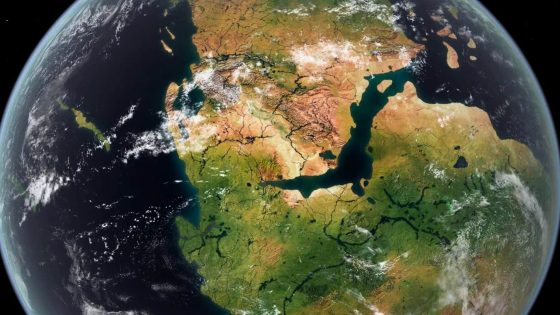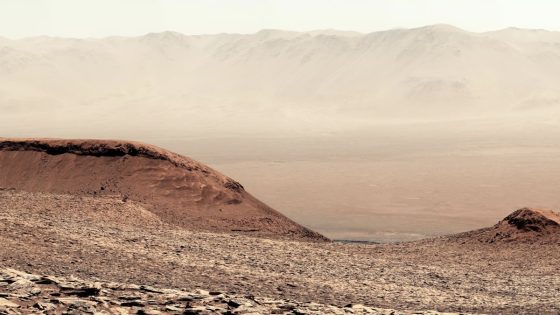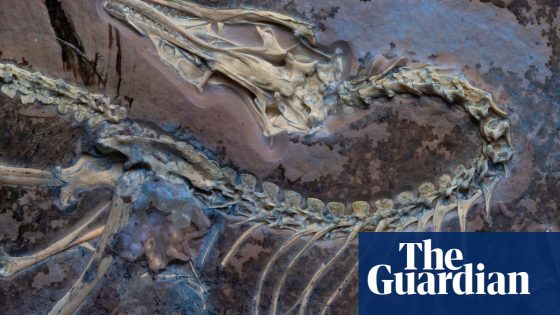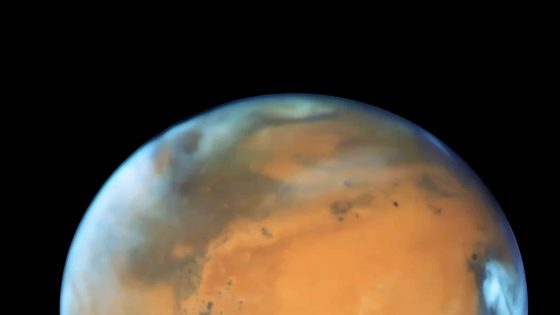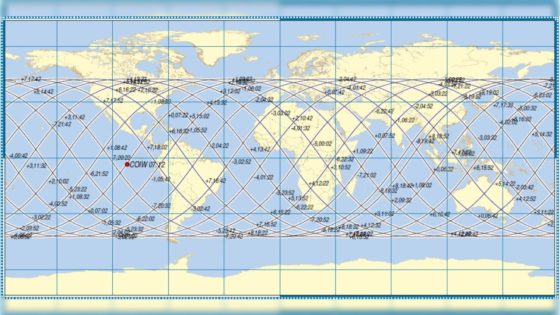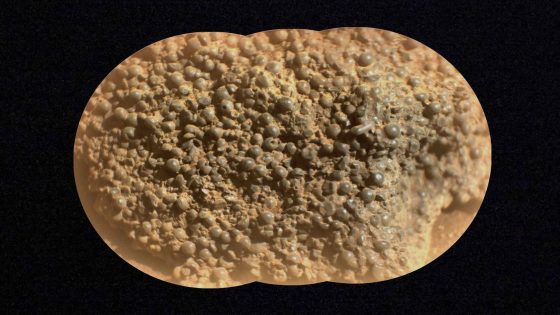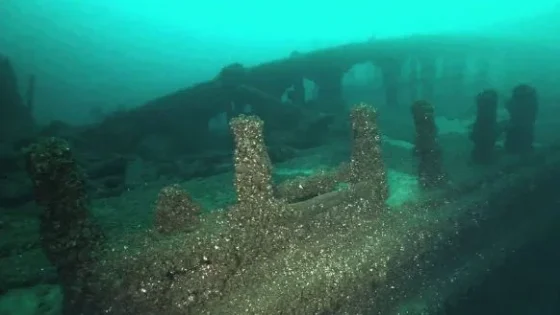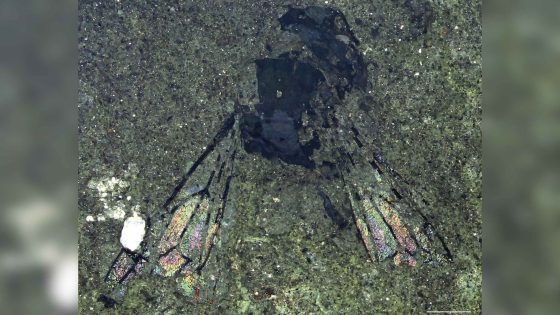New research is challenging long-held beliefs about our planet’s geography, particularly the concept of seven distinct continents. A groundbreaking study from the University of Derby, published on 2025-05-30 16:30:00, suggests that the divide between Europe and North America may not be as clear-cut as previously thought.
- Iceland may indicate ongoing continental breakup.
- Mid-Atlantic Ridge not fully severed.
- Greenland-Iceland-Faroe Ridge contains mixed geology.
- Similarities with Afar region support claims.
- Discovery of hidden microcontinent beneath ocean.
- Potentially redefining continents on global map.
Led by Dr. Jordan Phethean, the research examines Iceland, traditionally viewed as a volcanic island formed by tectonic activity. The study argues that Iceland may represent an ongoing continental rift rather than a remnant of a past separation, raising intriguing questions about our understanding of tectonic plates.
This research invites US to reconsider the nature of continental drift. Are we witnessing a dynamic geological process that reshapes our continents? The implications are significant:
- Iceland may contain fragments of submerged continents.
- The Mid-Atlantic Ridge could signify an incomplete rift.
- Similarities with the Afar region suggest ongoing tectonic activity.
- New geological models may redefine our understanding of Earth’s structure.
As further studies unfold, including geochemical analysis of Icelandic rocks, we may soon see a shift in how we map our world. Understanding these processes could unlock new insights into Earth’s geological future.



